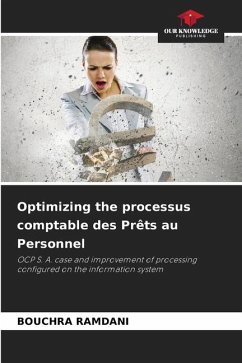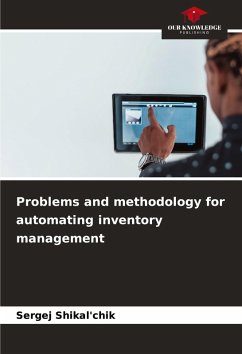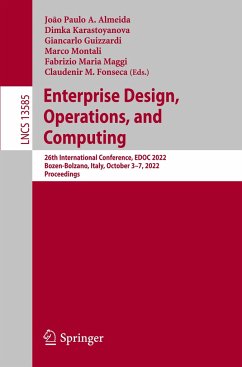
People and Sustainable Organization
Versandkostenfrei!
Versandfertig in 6-10 Tagen
105,65 €
inkl. MwSt.

PAYBACK Punkte
0 °P sammeln!
The world is dealing with a historical turning point. The old ways of doing things do not seem to suffice anymore. Solutions aiming at permanent and limitless growth appear less and less probable. Individuals, companies, and countries are faced with the existing business models that no longer fit the needs of the contemporary individual and society. New, innovative models are needed. How can this be achieved? There are many novelties: technological solutions and most of all computers which are no longer only instruments. They are setting trends for how things are done in various fields ranging...
The world is dealing with a historical turning point. The old ways of doing things do not seem to suffice anymore. Solutions aiming at permanent and limitless growth appear less and less probable. Individuals, companies, and countries are faced with the existing business models that no longer fit the needs of the contemporary individual and society. New, innovative models are needed. How can this be achieved? There are many novelties: technological solutions and most of all computers which are no longer only instruments. They are setting trends for how things are done in various fields ranging from science and art to the business world. Technological innovations as such are however occurring on the outside. Innovations of the business models on the other hand, need to be internalized by individuals, companies, institution, countries, etc. In this study collected contributions are dealing with the field of learning, human resource management, business processes and information systems. They are to be understood as authors' research contributions to finding new solutions in the sense of the human and sustainable organization.












